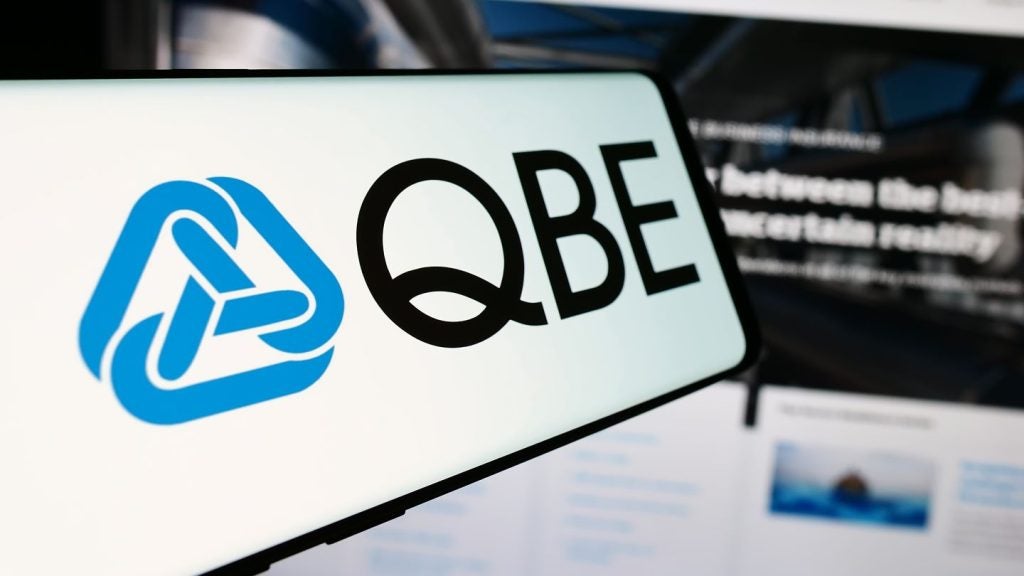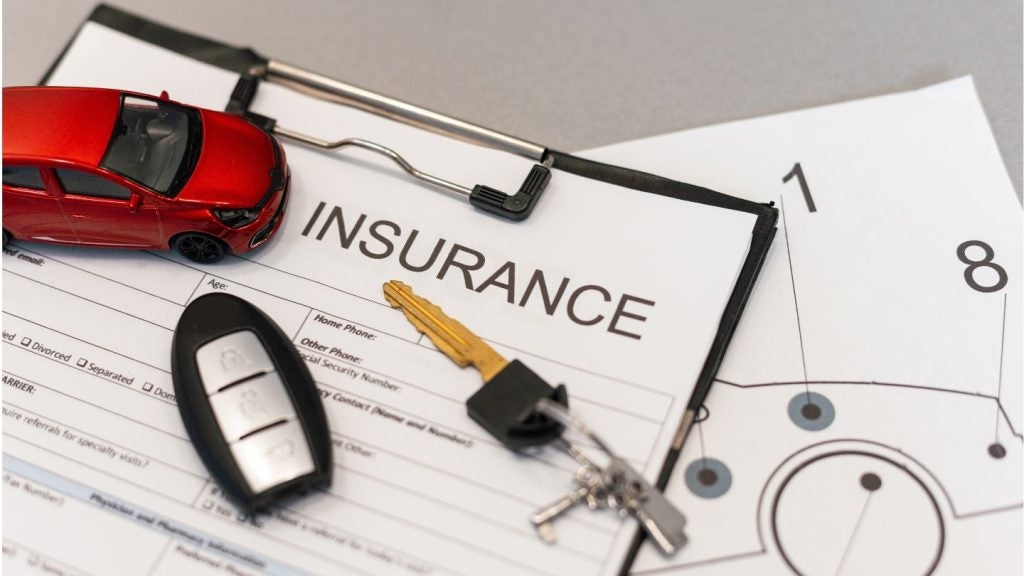Nearly two million self-employed Britons are vulnerable to financial shocks as they could not save any money to meet their future needs, according to a report by UK-based insurer LV=.
Dubbed Income Roulette, a study of debt, savings and protection among 9,000 people by insurer LV=, the report stated that four in 10 (41%) self-employed people are not able to save any money each month and a further one in 10 (11%) save less than £50.

Access deeper industry intelligence
Experience unmatched clarity with a single platform that combines unique data, AI, and human expertise.
Additionally, the study found that a third (33%) would not be able to sustain for more than three months if they lost their income.
Monthly bills (62%) were to be the main culprit galloping the savings of the most of the self-employed Britons. Debt (38%) was the second barrier, which hampered the savings among self-employed people.
The report underlined that self-employed people are more prone to financial shocks as they do not have access to employers’ benefits such as sick pay; however, income protection insurance can be of better help if they are unable to work due to accident, illness or disability.
Despite its obvious benefits, just 4% of self-employed denizens in UK own an income protection insurance, compared to a national average of 11%, with four in 10 (42%) mistakenly believing that they were not eligible for it, according to the study.

US Tariffs are shifting - will you react or anticipate?
Don’t let policy changes catch you off guard. Stay proactive with real-time data and expert analysis.
By GlobalDataAlmost four in 10 (37%) respondents who participated in the study said they thought income protection would be too expensive, even though cover of £1,000 a month could cost less than £10 a month.
LV= head of protection policy Justin Harper said: “Government and industry have a duty to improve the financial resilience of the self-employed.
“We believe that an income protection policy can play an important part in increasing resilience and is one of the best ways for the self-employed to protect themselves against a financial crisis.
“By having a conversation about protection with clients, advisers can ensure more people in the UK are equipped to tackle financial blows.”







